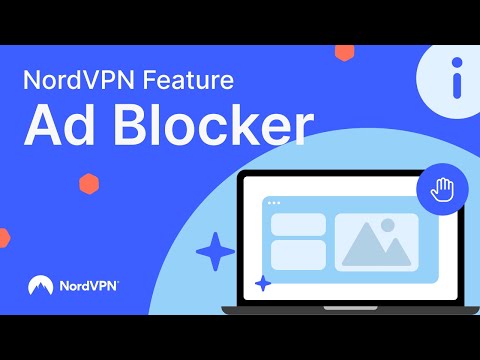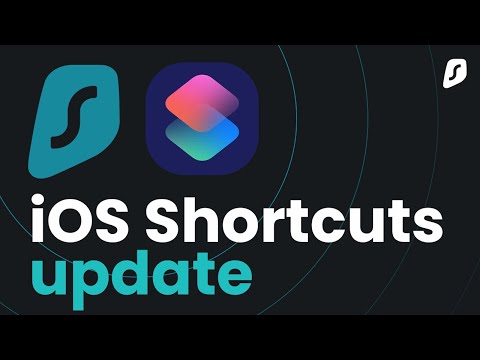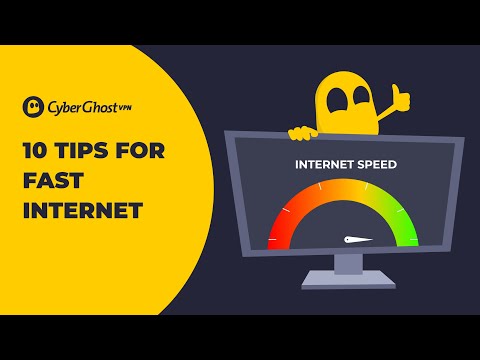The Internet has made our lives easier in many ways, but it has also created a digital footprint that is hard to erase. From social media profiles to online shopping accounts, personal information can spread across the web, leaving you vulnerable to privacy breaches and identity theft. Or you can delete yourself from the internet and regain your privacy. In this article, we'll explore the steps you can take to remove your data from the internet and the services that can help you achieve this.
The Internet has become an integral part of our lives, connecting us with friends and family, providing us with information and entertainment, and enabling us to shop and do business online. But as we share more and more personal information online, it can be difficult to keep track of where that information is and who has access to it.
If you're concerned about your online privacy and want to erase yourself from the internet, there are several steps you can take to remove your personal information from the web and reclaim your privacy.
The first step is, to remove any online accounts you no longer use or need. This includes social media accounts, email accounts, online shopping accounts, and any other accounts that may contain personal information. Download any data you want to keep before deleting your account.
Next, delete any content you've posted online, such as photos, videos, and blog posts. This will help reduce the amount of personal information that is visible to others online.
"It is absolutely possible delete from the web?!”
You can also use your privacy settings to limit the amount of personal information that is visible to others on social media and other websites. For example, on Facebook, you can adjust your privacy settings to control who can see your posts, photos, and other information.
Consider using privacy tools such as VPN to hide your online activity. A VPN encrypts your internet connection, making it harder for others to track your online activity.
You can also contact websites and ask them to remove any personal information they have about you. This is known as the right to be forgotten and is a legal right in some countries.
Search engines such as Google, Bing and Yahoo, also allow you to request that your information be removed from their search results.
There are also some services that can help you delete yourself from the internet. Some of these services include:
DeleteMe: This service specializes in removing personal data from data brokers and other websites.
JustDeleteMe: Directory of links to pages for deleting favorite sites.
ReputationDefender: a service that helps you remove personal information from the Internet and improve your online reputation.
It should be noted that even if you take these steps, some information about you may still exist on the Internet and you may not be able to completely delete yourself from the Internet. However, with these steps, you canreduce the amount of personal data, available online and reclaim your privacy.
The Internet can be a double-edged sword when it comes to privacy. On the one hand, it makes it easier for us to share information and connect with others. On the other hand, it can be difficult to control the amount of personal data available online. But with the right steps and the right tools, you can erase yourself from the internet and reclaim your privacy.
How to stay anonymous online?!
Anyone who wants to leave as little trace as possible online uses a VPN. This app practically tracks all of your web surfing and reduces the possibility of various cyber intrusions.
A selection of popular VPN services we've tested:
In the editorial office of City Magazine, my colleagues and I tested over 10 different VPN services and selected those with which we had concerns and problems. The list below is therefore refined
NordVPN – the leading service with the most users
NordVPN – NordVPN is one the most popular VPN services, known for its strong encryption, high speeds and extensive server network. It has more than 5,000 servers in more than 60 countries, which ensures excellent worldwide coverage. NordVPN offers features like double encryption, CyberSec, and a strict no-logs policy.
Surfshark - No hidden fees
Surfshark – Surfshark is a newer VPN service that has quickly gained popularity due to its fast speeds, affordable prices, and strong security features. It has more than 3,200 servers in more than 65 countries, providing excellent global coverage. Surfshark offers features like CleanWeb, which blocks ads and trackers, and a strict no-logging policy.
CyberGhost - The Biggest Network - Privacy Made in the EU
CyberGhost – CyberGhost is a user-friendly VPN service that offers strong encryption, high speeds and a large server network. It has more than 6,500 servers in more than 90 countries, providing excellent global coverage. CyberGhost offers features such as an automatic kill switch, DNS and IP leak protection, and a strict no-logging policy.
When choosing VPN services it is important to consider factors such as speed, security, server locations and pricing. Each of the VPN services above has its own unique features and benefits, so it's important to do your research and choose the one that best suits your needs. In the editorial office, we have chosen those three, which we warmly recommend to everyone!











